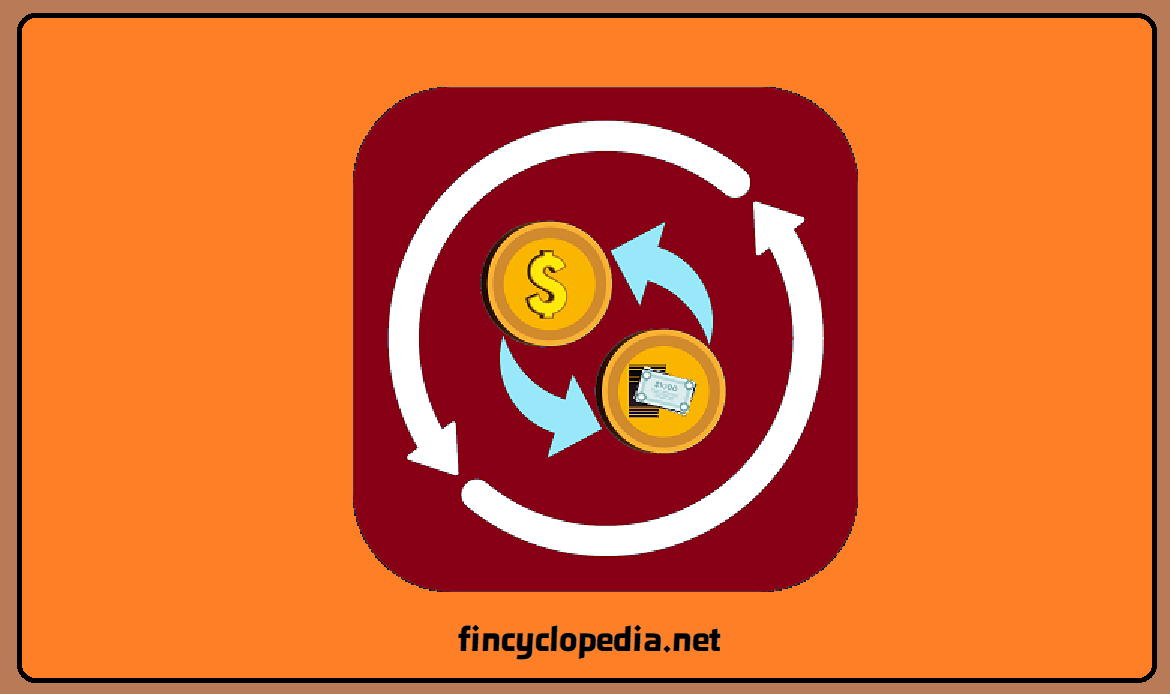An agreement (forward volatility agreement) that a seller and a buyer enter into in order to exchange a straddle option at a specific expiration date. On the day of trade, the counterparties determine both the expiration date and volatility. On the expiration date, the strike price will be set at the straddle’s at the money forward value at that date. In other words, the forward volatility agreement is a forward contract on the realized volatility (implied volatility) of a given underlying, whether a stock, stock index, currency, interest rate, commodity index.. etc.
Trading volatility gives investors the ability to hedge volatility risk associated with a derivative position against unfavorable market moves of the underlying (s). It also enables investors to speculate or take views on volatility levels in the future. In fact, trading volatility is superior to delta hedging which uses options to take views on the future direction of volatility.
In a different context, FVA may also denote a funding value adjustment.



